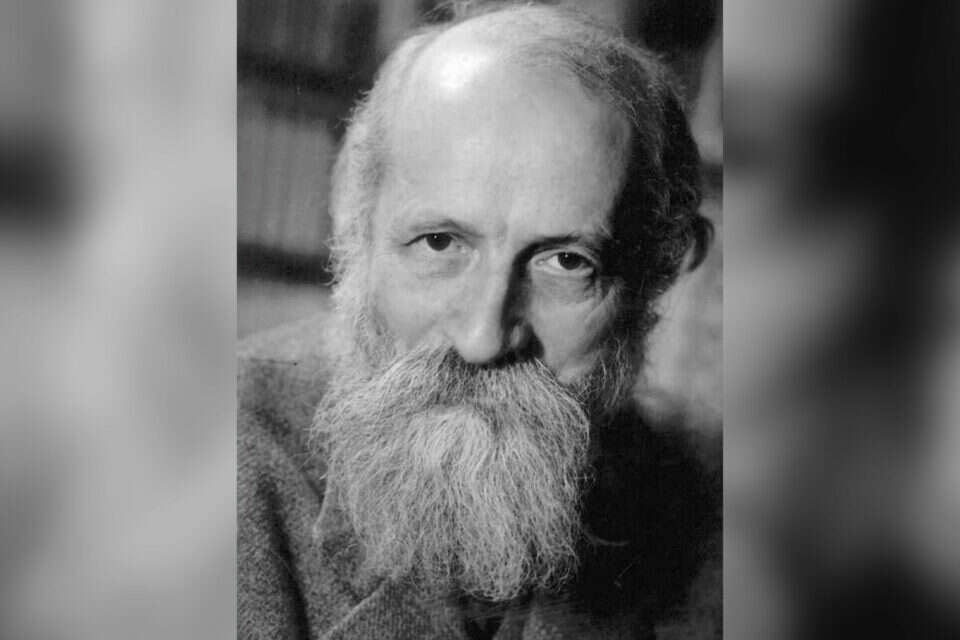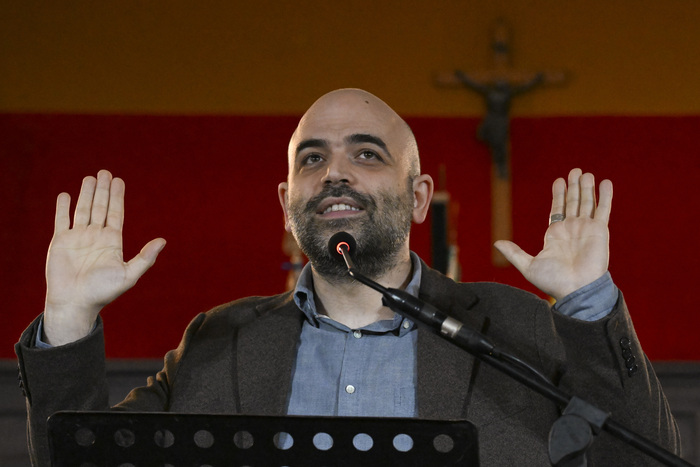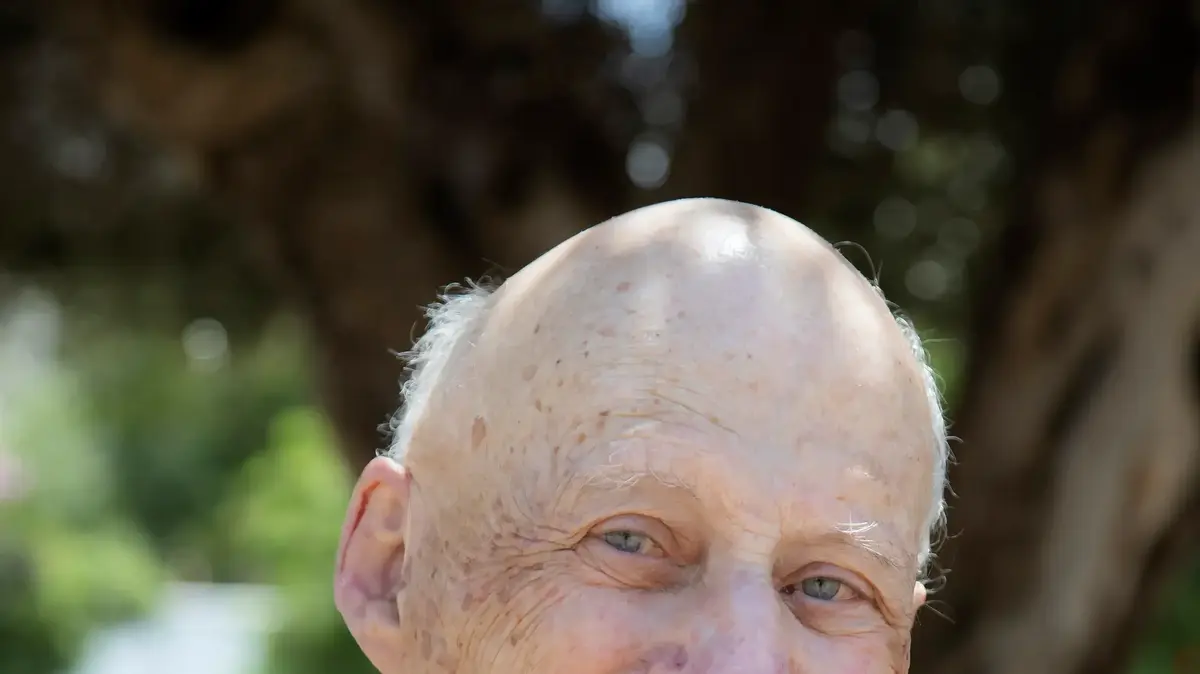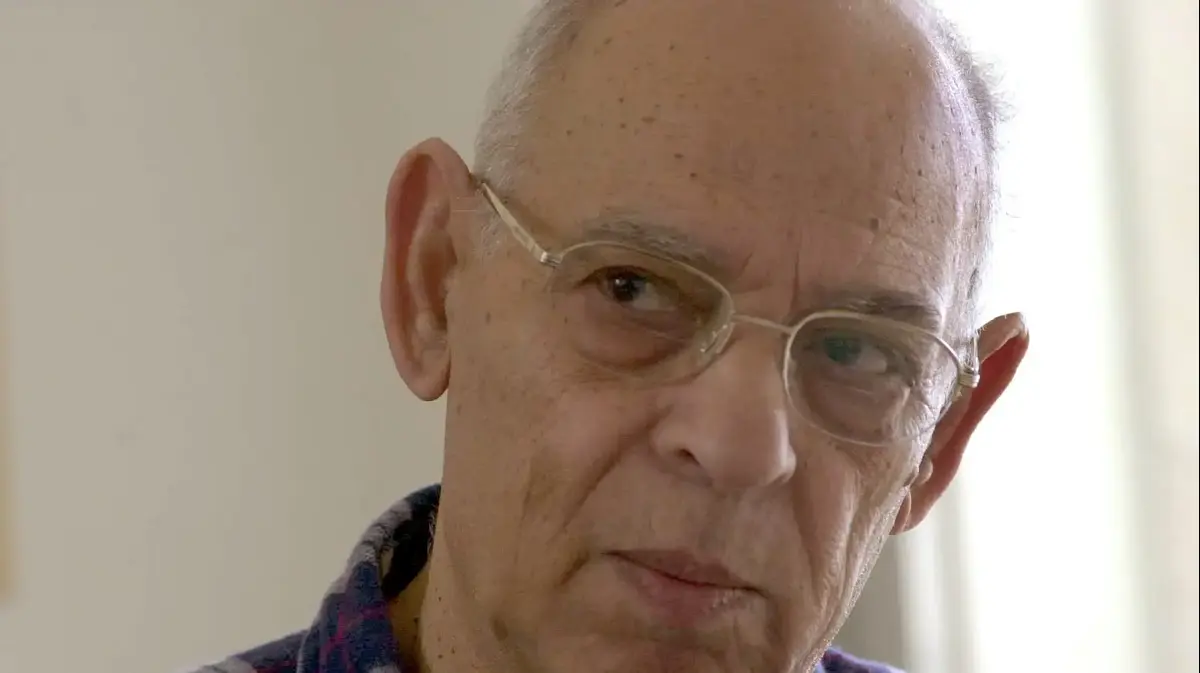The person who miraculously raised the awareness of the other's face and the dialogue, wonders what is better in his eyes - exclusive contact with people or with books only.
The same man, who knew his tradition in the stories of the Hasidim and passed it on to modern Jews, lingers to choose between the human being and the book.
At first, Martin Buber tends to tip the scales in favor of the books, which did not provide him with as bad trials as humans did, but only led him to walk in a sublime paradise.
Humans deserve love, more than they deserve admiration, he thinks. The idle chatter they fill the world with, too, deserves to be heard, as they reveal that being is healthy. So, Buber finally makes a decision that does not give up any advantage of those on both sides - "In the womb of my mother I did not know books," he writes, "and there is my soul to die without books, with a human hand in my hand. My room and addicted to the book, but - only because I could go back and develop it, and a person would peek at me. " What are books without humans, and what are humans without books.
"Meetings" is a collection of short and personal texts written by the Jewish thinker. This is a reprint - which turns out to be extremely necessary - of a literary file that has so far only been available in rare bookstores, or in the showroom of the Gershom Shalom Library at the National Library. The small encounters that Buber paints in this collection reveal his inner world and his unique sensitivity to the people and situations in which they find themselves, small moments that more than any book have shaped his way of thinking.
He opens his journey of memories in the absence, with a new concept he has devised - an approach, a meeting that has gone wrong. When he was four his mother left the house, and the young Martin was brought to his grandparents' house. There, the neighbor's daughter shakes his world and slaps him in the face: "She will never come back." It is a formative moment for Buber, a moment in which an inner space opens up with the absence of another closest to him.
He describes how his grandmother ran the family business to allow his grandfather the philologist and midrash researcher to devote his time to study. Buber helped his grandfather with his work, but it was his lively grandmother who left the significant impression on his life: "Grandma's devotion to the truth affected me even more than he did: because this devotion was so unmediated and so heartwarming." Again, the encounter, the love of man, the heart that goes out to his brother, is what drives Buber, his supreme virtue over all theoretical research, and ultimately he is the one who will be made his own enterprise of thought.
Buber was part of an impressive list of educated Jews who managed to make Jewish culture of mystery accessible to the public rooted in Western culture. Gershom Shalom did so with Kabbalah and Buber with Hassidic literature. His versions of the folk masterpiece stories influenced Franz Kafka's work, for example.
These essays are also reflected in excerpts from "Meetings," with Buber describing the traditional Jewish world in which he grew up and European culture resonating in the background. In a breathtaking passage, he describes his studies at the Polish Gymnasium, a Jew among Polish Christians. The students would come every morning, and in front of the cross on the chair, the students would cross and recite the formula of the trinity, which they repeated over and over again. "Until it was allowed to sit again, we Jews stood still and motionless, our eyes lowered to the ground."
Buber experienced a deep inner rebellion toward the daily standing in this ceremony that he did not want to take part in, thus lasting eight years of study. This stance left a mark on the whole perception of the adolescent boy. Hence he abhorred any missionary act, any attempt to change the other's mind and force a new example on him.
Therefore, as revealed here, he opposed the desire of his friend Franz Rosenzweig to provoke a Jewish mission among non-Jews. He could not bear the thought of it.
Buber is revealed in this book of memoirs as a man full of sensitivity, who was fascinated and inspired by the people in his life. The wrestling with the preference of human beings or books is not a philosophical question in ignorance for him, but expresses an inner wrestling - Buber really loves human beings, and the books are the ones that reveal to him the sides full of their grandeur. Buber is drawn to performances of a deep and special life, which manage to express an authentic, honest and inquisitive sensitivity, which seeks the good in every person, but does not give up on complexity. He looks at life through the eyes of those close to him, through literary works and art.
He seeks the encounter, the full presence, the speaking of the truth, that which is in writing and orally.
He looks around and discovers that "as I sat in a tavern on the outskirts of Vienna, for example, I picked up from a controversial conversation about the falling prices, which I heard from the nearby table, where two market peddlers were relaxing, the live talk, the echoes becoming sound."
This is the purpose of creation for Buber - man and his fullness, he is the purpose of everything, he is the one for whom this world is equal, he is the one that the creation of truth manages to reveal.
Martin Buber / Meetings, River Books, 85 pages
Were we wrong?
Fixed!
If you find an error in the article, we will be happy for you to share it with us and we will correct it









